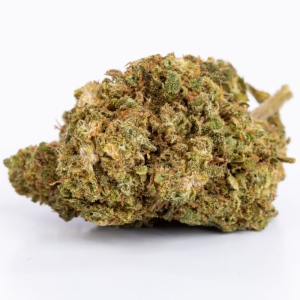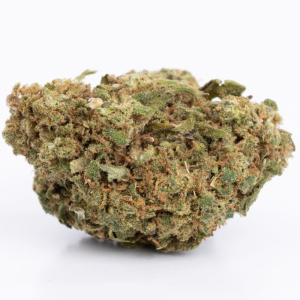Understand the different stages of your sleep
Every night, our brain goes through three sleep cycles. First there is light sleep, which begins with the first stage, that of the transition between wakefulness and sleep. This is a quick transition that usually lasts 5 to 10 minutes. Muscles relax and eye movements slow down. The aim here is to detach oneself from the waking state. Any interruption at this stage is perceived as a simple awakening.
Then begins the second stage, that of more stable sleep. Brain waves slow down with sporadic episodes of bursts of activity (K complexes and sleep spindles). This stage represents approximately 50% of the total sleep cycle. It helps consolidate memory and stabilize biological processes.
Deep sleep, or slow wave sleep, can begin. This is the most restorative period of sleep, marked by slow, high amplitude delta waves. The objective here is cellular regeneration, physical recovery and strengthening of the immune system. It is the lack of deep sleep that leads to a feeling of fatigue and cognitive disorders.
Finally,paradoxical sleep, or REM (for Rapid Eye Movement), increases brain activity to an intensity similar to wakefulness, but with almost total muscular paralysis. The eyes move quickly under the eyelids. This stage consolidates emotional memory and regulates mood. This is the phase where the most vivid and complex dreams occur.
How does CBD impact sleep?
According to a study published in The Permanent Journal, CBD improved the quality and quantity of sleep of 66.7% of participants after one month of consumption . They notably reported:
- Soothing and a reduction in stress and anxiety scores;
- Reduction in the frequency of occurrence of nightmares, particularly in people who suffer from post-traumatic stress disorder (PTSD) or other anxiety disorders;
- Reduction in daytime sleepiness;
- Reduction in the frequency of unexpected awakenings in the middle of the night.
The effects of CBD on dreams: studies and observations
A study published in 2019 in the Journal of Clinical Psychology found that CBD as well as other non-psychotropic cannabinoids increased the percentage of participants' deep sleep throughout their cycle. Researchers also raise the hypothesis that CBD increases the frequency of occurrence of “vivid” dreams, which are intensely felt by the person.
Another study published in the Journal of Psychopharmacology in 2020 shows that CBD increased memorization and intensity of dreams, especially in people with high levels of anxiety.
Nevertheless, more research is needed to understand the relationship between CBD and dreams, and how this varies depending on the individual and the type and dose of CBD product consumed.















